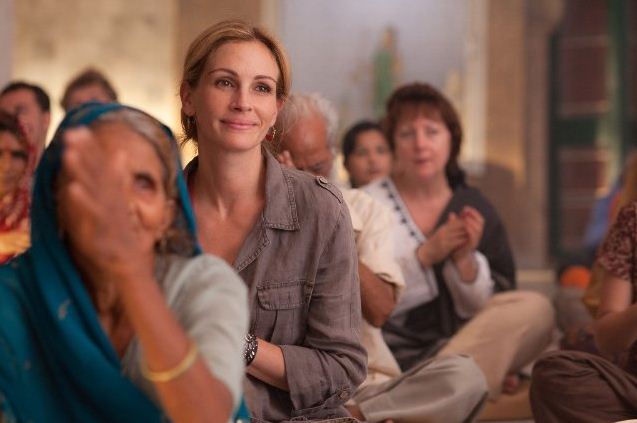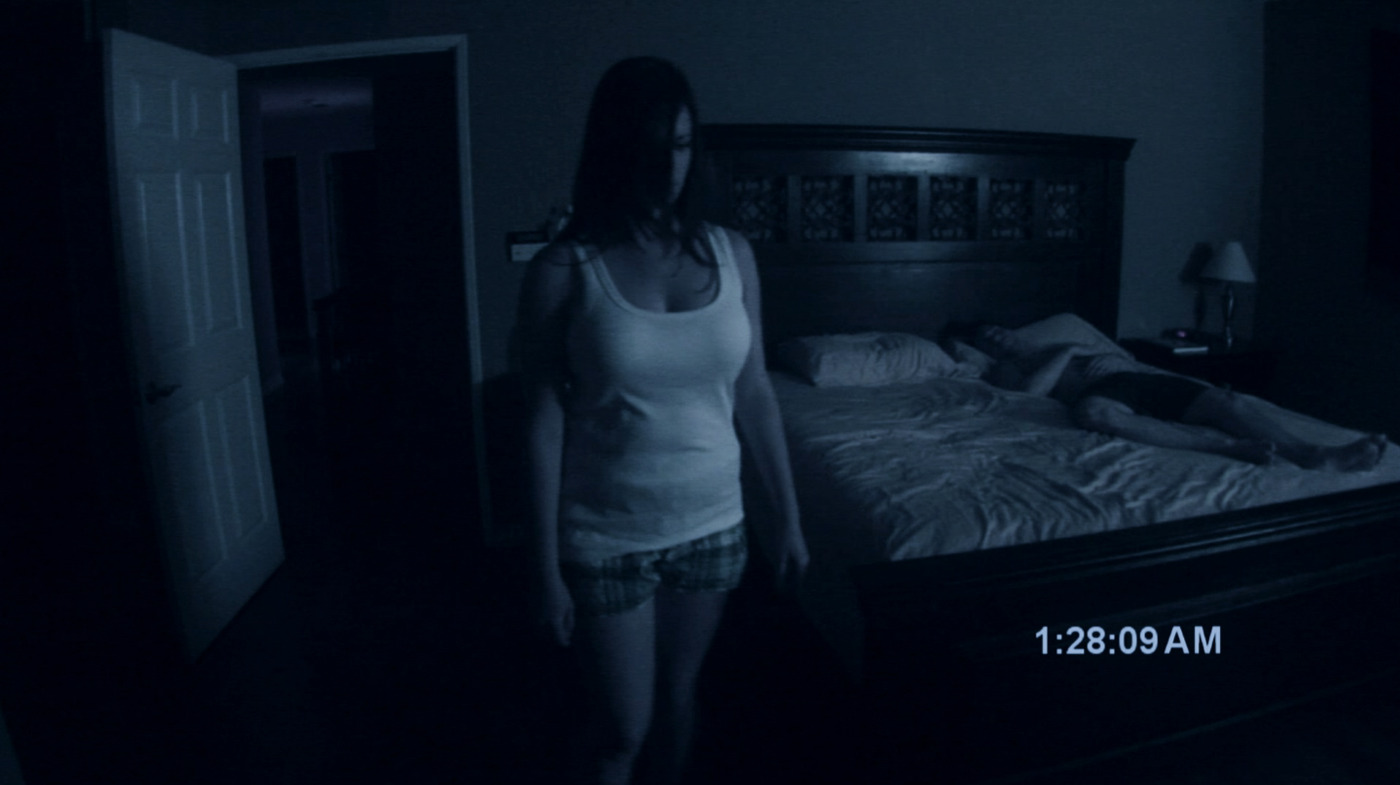Lord, please forgive them; they knoweth not how to entertain.
Let me talk for a minute about faith-based screenplays. I don’t care what your screenplay is about. No, not really. You could have a thesis stating how much better the world would be under the rule of housecats and I’ll hear you out. But you pen the word “faith” more than a dozen times and I will point you here again and again.
This post is inspired by The Best Man Holiday, a movie that starts breezily enough, and then without notice goes from zero-to-Godsquad in 2.3 quips. By the end of the film, the air is so thick with predestination one wonders where exactly the entertanment had been replaced by a sermon. I don’t mean to pick on Holiday necessarily. As faith-based screenplays go it  beats the hell out of, say, Courageous and The Ultimate Life. But I have had enough of people praying on film. I ask you: religious or not, devout or not, human or not, is there anything less engaging than watching somebody pray on screen? I’d rather see somebody sleep. Seriously. There’s a chance when you see a person asleep on film, something will happen – the phone will ring, the person will wake with a start, a moose will pee on Adam Sandler. What are the chances that anything happens while somebody prays?
beats the hell out of, say, Courageous and The Ultimate Life. But I have had enough of people praying on film. I ask you: religious or not, devout or not, human or not, is there anything less engaging than watching somebody pray on screen? I’d rather see somebody sleep. Seriously. There’s a chance when you see a person asleep on film, something will happen – the phone will ring, the person will wake with a start, a moose will pee on Adam Sandler. What are the chances that anything happens while somebody prays?

I don’t wish to discourage faith. But this is what happens when you write it explicitly into a screenplay: 1) you detract from every faith-based film in which the word isn’t explicitly stated over and over and over again. And there are many classic films with the unexpressed theme of faith from the quasi-religious It’s A Wonderful Life to surface-level action sci-fi like The Matrix and Star Wars. Yes, those films were about faith. Think about it. 2) Your action grinds to a halt. Faith, faith, faith, blah, blah, blah. When faith is the answer, what’s the point of action … or discussion? Nothing ends something happening quite like, “you just have to have faith.” No argument is quite as condescending as the one in which the winner offers no evidence whatsoever – you just need faith. 3) Your protagonists are relieved from responsibility. When everything is in God’s hands, well, so are all actions. You can’t judge a character “acting from faith,” can you? Well, I can. I shouldn’t, but I can and do. You see the dilemma. And it’s a lose-lose. Either your characters act from faith and are relieved of their burdensome motivations or they do not in which case they should have had faith. Boo.

As I say, I don’t wish to pick on The Best Man Holiday in which a great deal happened without faith getting in the way, but when faith does get in the way, I feel cheated. Things are the way they are because God chooses? That may work in real life, but it’s bullshit on screen. I’m here for a story. Your story concludes that it doesn’t matter because God’s power is infinite and His ways unknown? That’s not even a discussion. It’s crap. From an entertainment standpoint, from a philosophical standpoint, from an intellectual standpoint, and, yes, even from a spiritual standpoint, it’s crap. Complete crap. May as well conclude all movies with “God loves you” instead of “The End.” Do this again and you and I will have more words.
The End.



